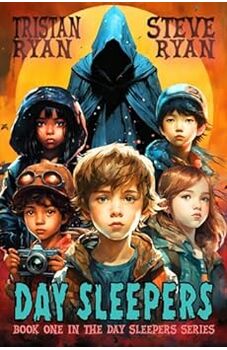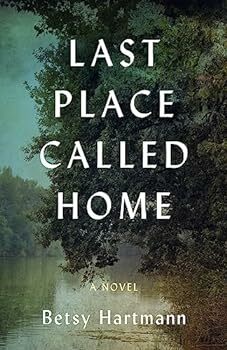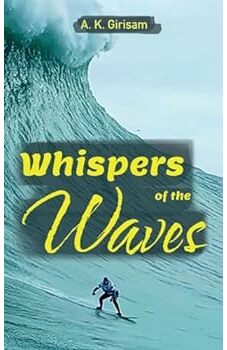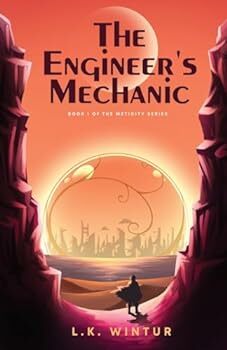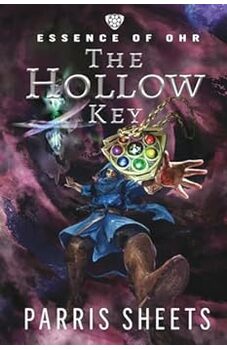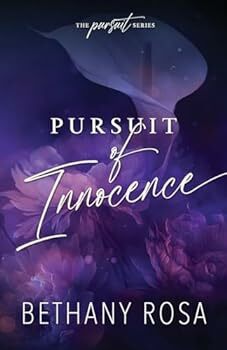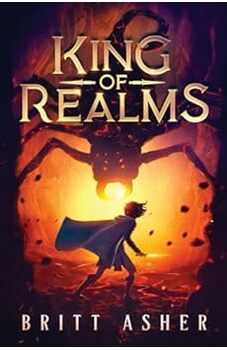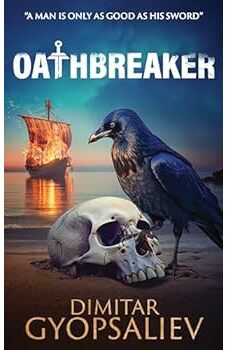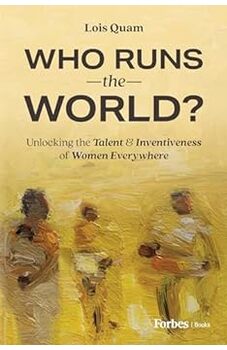Reviewed by Jack Magnus for Readers' Favorite
Fiona, The Navigator's Daughter: A Romance Novella is an historical epic fantasy novella written by Ronnda Eileen Henry. The Convent of the Flowing Waters was a religious house nestled in the hilly spaces of the Fells, far from Formby and the coastline. The convent’s infirmary was engaged in healing inpatients as well as those from the area who needed medical care. Fiona’s mother was one such outpatient, who would come to the convent each day with her daughter for treatment. Fiona would accompany her each day and entertain the patients with her puppets shows. The sixteen-year-old had a gift for comedy, and she was skilled at making the puppets whose antics brought smiles to the convalescents’ faces. She created plays and skits featuring those puppets and put her entire energy into the practice. When she noticed a small child crying and holding onto a tree trunk for dear life, Fiona asked Sister Ermengard about her. The sister explained that Lady Alfreda had recently lost her mother, and her father was away in the wars. No one seemed to know how to cope with her, and so she had been brought to the convent. Fiona seemed instinctively to know how, with the help of her puppets, to bring a smile to Lady Alfreda’s face, which she proceeded to do in no short time to the astonishment and delight of everyone at the convent.
Fiona, The Navigator's Daughter is a marvelous tale about a young woman whose skills in crafting dramatic and comedic puppet shows are only exceeded by her love for ciphers and a desire to study mathematics and the sciences. Henry’s tale highlights the gradual loosening of Formby’s cultural taboo regarding the intermarrying of nobles and commoners, and her stories show how young men and women were increasingly able to marry by choice instead of arranged matches made by parents or guardians. I especially liked seeing the influence of the local university, where young men and women who share a natural interest in and curiosity about mathematics and the sciences can meet and become friend. As with her other Penruddock Daughter novellas, Henry graces us with a strong, capable and gifted main character, one whose life seems poised to take full advantage of the cultural changes occurring in her environment. Her characters are authentic and credible, and her plot is engaging and quite enjoyable. Fiona, The Navigator's Daughter: A Romance Novella is most highly recommended.
